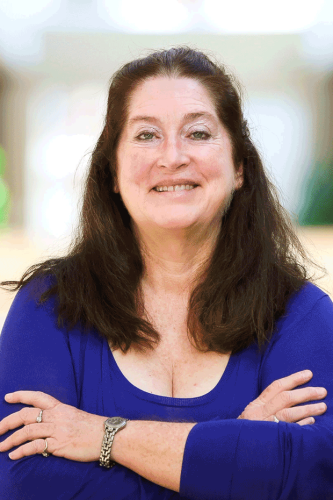
Rose McDermott
Biography
Rose McDermott is the David and Mariana Fisher University Professor of International Relations at Brown University and a Fellow in the American Academy of Arts and Sciences. She directs the Watson Postdoctoral Program. She works in the area of political psychology. She received her Ph.D. in political science and a master's degree in experimental social psychology from Stanford University. She has taught at Cornell University and UCSB.
McDermott has held fellowships at the Radcliffe Institute for Advanced Study, the Olin Institute for Strategic Studies and the Women and Public Policy Program, all at Harvard University, and has been a fellow at the Stanford Center for Advanced Studies in the Behavioral Sciences twice. She is the author of six books, a co-editor of two additional volumes, and the author of over two hundred academic articles across a wide variety of disciplines encompassing topics such as American foreign and defense policy, experimentation, national security intelligence, gender, social identity, cybersecurity, emotion and decision-making, and the biological and genetic bases of political behavior.
Research
I work on a wide variety of different topics. Current projects include a large series of survey experiments examining nine types of attitudes toward gender inequality in over 20 countries. I am participating in several projects related to nuclear weapons, leadership and the stability of deterrence. More broadly, I work on topics including international relations, American Foreign and Defense policy, nuclear strategy, experimentation, leadership, ethics, gender, identity, intelligence, cybersecurity, the role of emotion in decision-making, and genetic contributions to political attitudes and behaviors.
Publications
Hudson,Valerie, Caprioli, Mary, McDermott, Rose and Bowen, Donna Lee (2023). Sex and Word Peace, 2nd Ed. Columbia University Press.
Hatemi, P & McDermott, R.(March 8, 2024). How to be a good advisor. Journal of Political Science Education
Hatemi, Pete & McDermott, Rose (Feb. 19, 2024). How we Lost the War on Terror. Journal of Strategic Studies
McDermott, R. Pandemic Disease and International Relations (Dec. 12, 2023). Politics and Life Sciences special issue on Infectious Disease, International Relations and Security Studies
McDermott, R. (Forthcoming). Evolution, Sex and Narcissism: Response to: Hawks Become Us:The Sense of Power Activates Militant Foreign Policy Attitudes. Security Studies
Koong, Amanda, Kaplan, Robert & McDermott, Rose (Oct. 6, 2023). Examining American Attitudes towards Preventive Measures During the COVID-19 Pandemic within the Context of Negative and Positive Rights. Politics and Life Sciences
McDermott, Rose, Reid Pauly, and Paul Slovic (May 30, 2023). Putin and the Psychology of nuclear brinksmanship. Foreign Affairs.
McDermott, Rose (2023) Enhanced Cooperation Increases the Capacity for Conflict. Behavioral and Brain Sciences
Pauly, Reid & McDermott, Rose (2023). The Psychology of Nuclear Brinksmanship. International Security. McDermott, R. (2023). The Scientific Study of Small Samples. The Leadership Quarterly
McDermott, R. (2022). Presidential and Vice Presidential Illness and the 1947 Presidential Succession Act. Fordham Law Review Online.
Teaching
POLS 0400 Introduction to International Relations
IAPA 0600 Foundations of Security
POLS 1821P Political Psychology in International Relations
POLS 1821M War in Film and Literature
POLS 1823G Woman and War
POLS 1550 War and Politics
POLS 1560 American Foreign Policy
PLCY 2735 Women and Nations